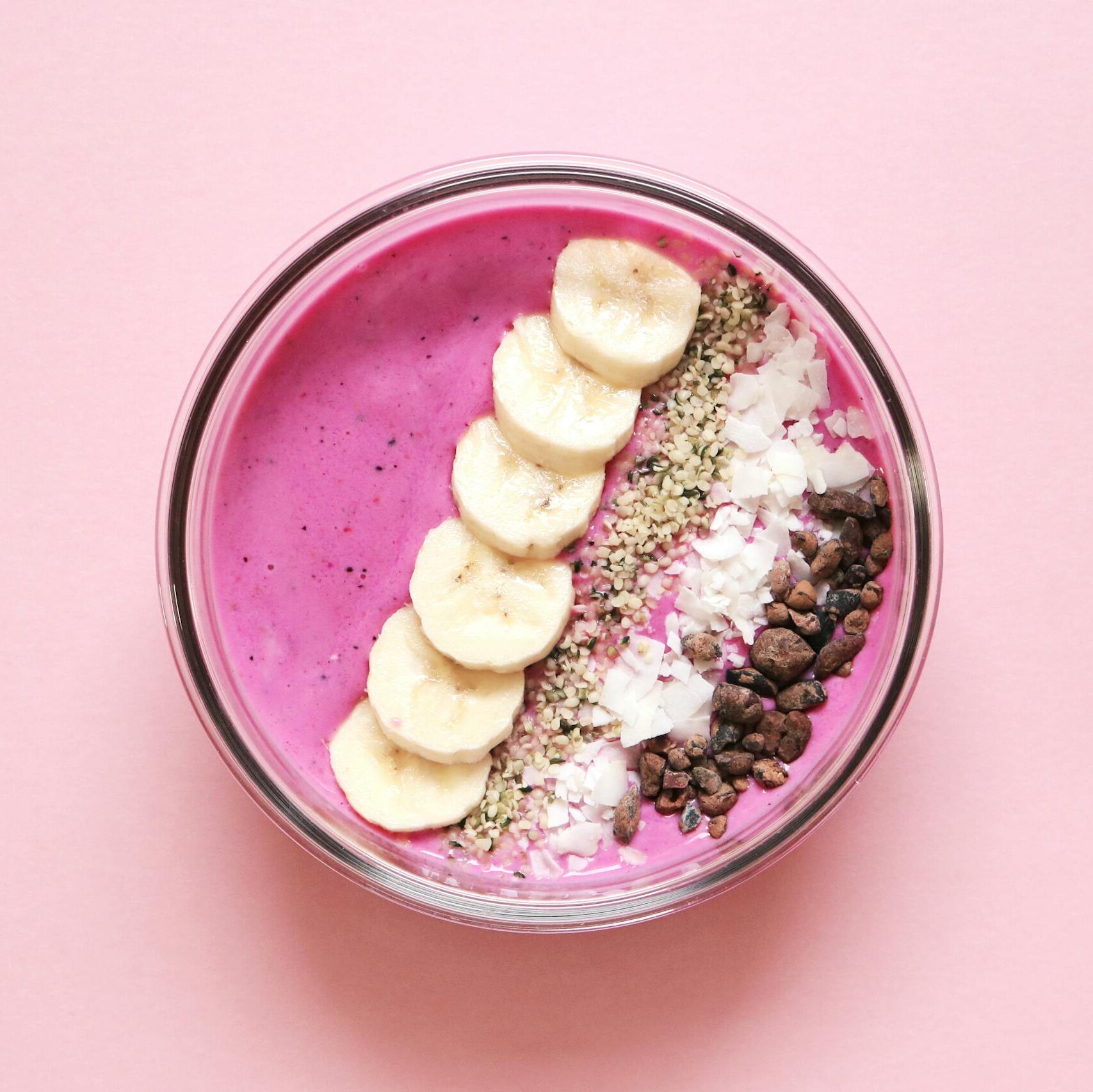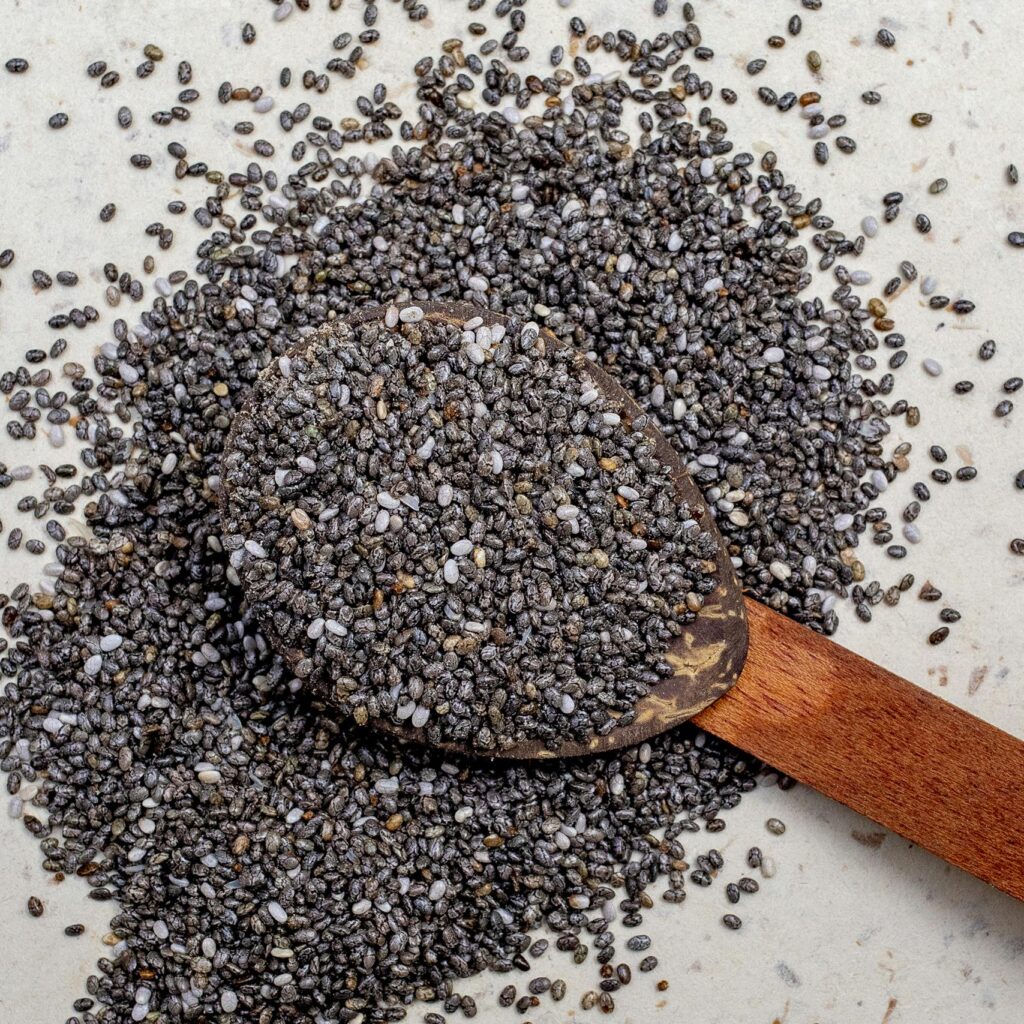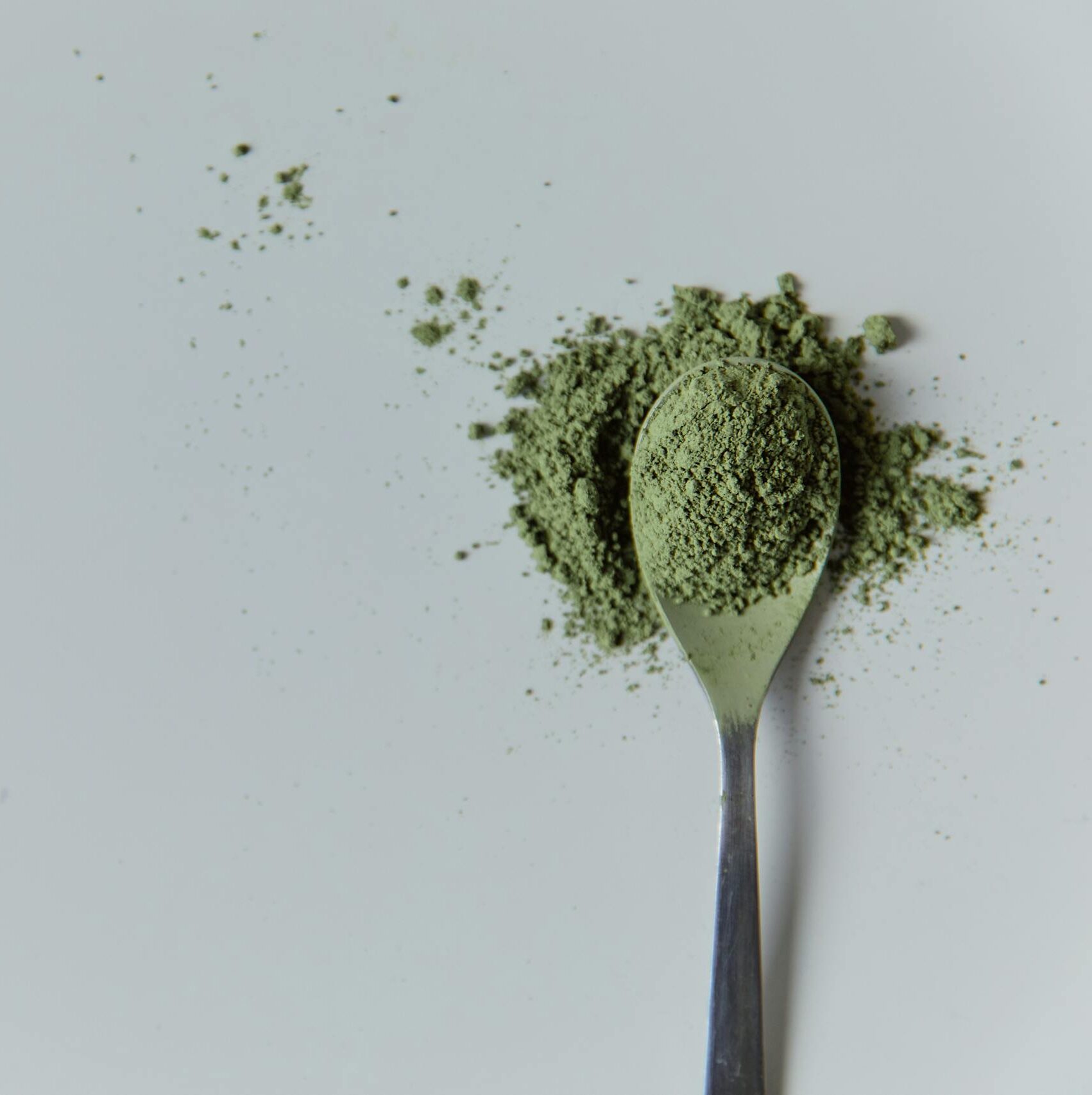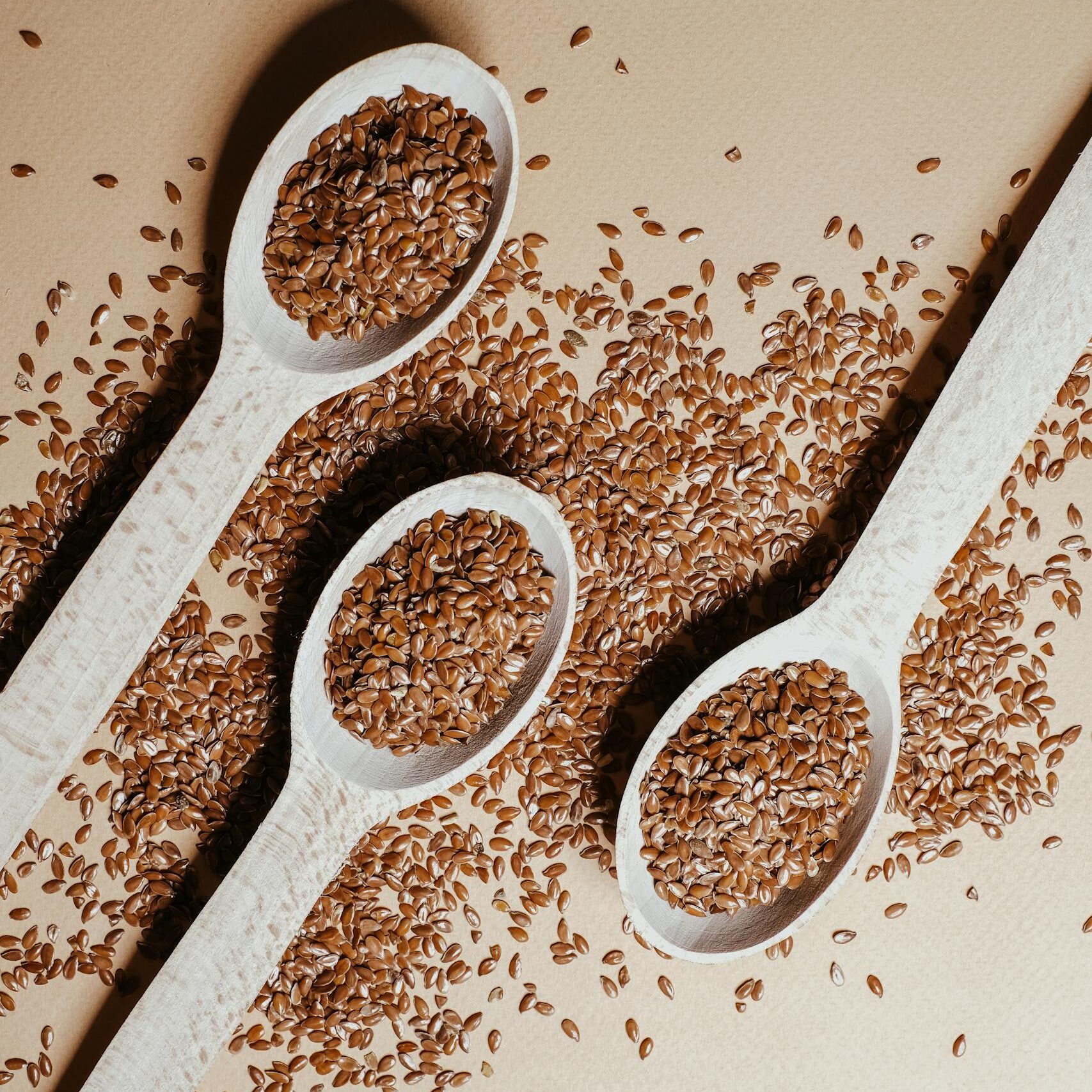Superfoods are everywhere – sprinkled on top of smoothie bowls, blended into lattes, and packed into energy bars. But while they may be loaded with nutrients, not all superfoods are created equal. Where and how they’re grown matters just as much as their health benefits.
If you want to get the most out of your goji berries, cacao, or matcha, choosing organic and fair-trade superfoods is the way to go. Here’s why.

1. Organic Superfoods = No Harmful Pesticides or GMOs
Conventional farming often relies on pesticides and synthetic fertilizers, which can leave harmful residues on your food and contribute to environmental damage.
🌲 Organic superfoods are grown without these chemicals, meaning you get a cleaner, purer product that’s free from toxins.
🌲 Organic farming protects soil health, promotes biodiversity, and reduces water contamination.
2. Fair-Trade Superfoods Support Farmers & Ethical Practices
A lot of trendy superfoods – like cacao, coffee, and acai – are sourced from developing countries where farmers aren’t always paid fairly. The fair-trade certification ensures that farmers receive fair wages, work in safe conditions, and follow sustainable farming methods.
🌲 Fair pay – Farmers and workers receive a fair wage, helping improve their communities.
🌲 Sustainable farming – Fair-trade programs prioritize environmental protection, avoiding deforestation and harmful chemicals.
🌲 Ethical supply chains – No child labor, forced labor, or worker exploitation.
So, next time you grab a bag of cacao nibs or a pouch of acai powder, check for the Fair Trade Certified label to make sure your purchase is making a positive impact.
3. More Nutrients, Better Quality
Superfoods get their name for a reason – they’re packed with antioxidants, vitamins, and minerals. But did you know that organic, sustainably grown superfoods can actually be more nutrient-dense than conventionally farmed ones?
🌲 Industrial farming depletes the soil over time, reducing the amount of essential nutrients in crops.
🌲 Organic and regenerative farming keeps the soil healthy, leading to richer, more nutrient-packed foods.
🌲 Fewer chemicals = higher purity and better absorption in your body.
If you’re investing in superfoods for their health benefits, choosing organic and fair-trade ensures you’re getting the highest quality and nutritional value possible.
4. Reducing Your Carbon Footprint
Many superfoods – like quinoa, acai, and spirulina – come from regions far from where they’re consumed. Choosing organic and fair-trade options can help reduce your carbon footprint by supporting sustainable farming and more ethical supply chains.
🌲 Organic farming produces fewer emissions and promotes biodiversity.
🌲 Sustainable sourcing protects natural habitats and reduces water waste.
🌲 Fair-trade programs prioritize responsible transportation, cutting down unnecessary emissions.
If you can, buy from brands that are transparent about their sourcing and committed to sustainability.
5. The Best Organic & Fair-Trade Superfood Brands
Looking for trustworthy brands that prioritize ethics, sustainability, and top-quality superfoods? Here are some great options:
Sunday Natural
High-quality, sustainably sourced superfoods with a focus on purity and transparency.
Navitas Organics
A pioneer in organic, fair-trade superfoods like cacao, goji berries, and chia seeds.
Aduna
Specializes in ethically sourced African superfoods like baobab and moringa.
Sunfood
Organic superfoods like spirulina, maca, and camu camu with eco-conscious packaging.



Switching to organic and fair-trade superfoods is one of the easiest ways to improve your health while making a positive impact on the planet. By choosing responsibly sourced products, you’re protecting your body, supporting ethical farmers, and reducing environmental harm – all with something as simple as your morning smoothie.
So next time you’re restocking your pantry, take a second to check the labels – and make sure that what you’re eating is good for both your body and your planet. 🌍
